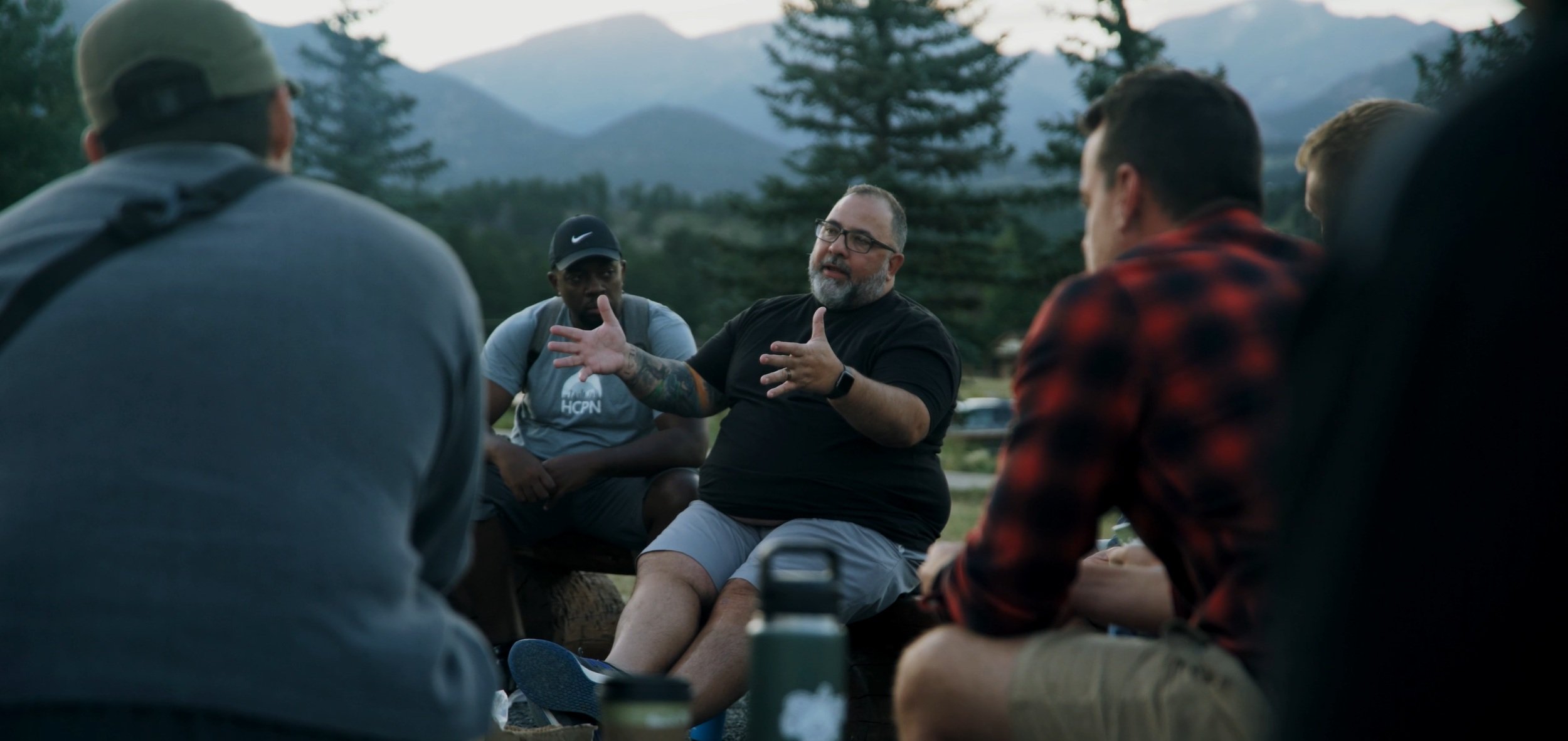
Insights from in and around the association
UBA Voices
The Offensive Church
Cris Alley reviews Bryan Loritts’ The Offensive Church, a thoughtful book on breaking the cycles of ethnic disunity.
The Leadership Challenge
Josh Ellis reviews one of his favorite leadership books—James M. Kouzes and Barry Z. Posner’s The Leadership Challenge.
Emotionally Healthy Leadership
Victor Marte reviews Peter Scazzero’s Emotionally Healthy Leadership
Liderazgo Emocionalmente Sano, Peter Scazzero
Victor Marte recomienda Liderazgo Emocionalmente Sano por Peter Scazzero
Foolishness to the Greeks
Cris Alley reviews a missions and culture favorite—Lesslie Newbigin’s Foolishness to the Greeks.
The Eight Paradoxes of Great Leadership
Josh Ellis reviews one of his favorite leadership books—Tim Elmore’s The Eight Paradoxes of Leadership: A Contrarian Approach to Building Leaders and Cultivating Influence.
La Vivacidad del Evangelio
Victor Marte recomienda La Vivacidad del Evangelio por Jeff Vanderstelt.
Book Notes: Love Where You Live
Cris Alley reviews Shauna Pilgreen’s “Love Where You Live.”










